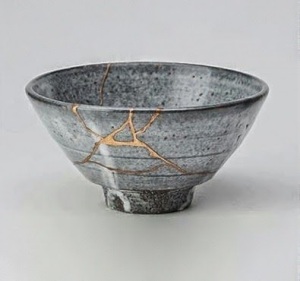“Who are you?” It sounds like the chant one would hear at a Millwall football match between disgruntled fans, but this question is relevant to all of us. Questions of immigration and national allegiance are being fired into the British landscape with, all too often, disastrous and ignorant consequences. From Michael Fallon’s allegations of a town “swamped with migrants” to estimations of 1,400 young British nationals fighting for ISIS, you don’t have to look very far to find conflicts of identity.
It makes you wonder what motivates young people to join extremist groups in society – and I’m not just talking about terrorist organisations. But in all honesty, why do they feel an affinity with such organisations? Has our system failed and alienated so many young people of ethnic descent to the extent that they are willing to engage in such atrocious acts? One thing is for certain: post 9/11 questions of religious and ethnic identity along with national allegiances have never been the same.
I, personally, do not see much difference between terrorists and those who align themselves with extreme right wing political ideologies. They both reinforce the same thing: “it’s my way or the highway and if you don’t like it we will make your life hell.” Whilst their methods are different, the impact is the same – fear mongering, spreading hate, causing social disharmony and paranoia.
The very nature of identity is fluid and malleable
Issues of identity go beyond religious differences; race, ethnicity, gender and positions of power are also factors to consider. For example: most beauty campaigns and products are aimed at – largely straight – men and women. In addition, most cosmetic surgical procedures, hair care products and cosmetics are aimed at Caucasian skin and hair. Believe me, as a British Asian woman, it is ridiculously difficult – and expensive – to find basic products that suit my skin tone and hair type.
Many view identity as a static entity that doesn’t change, when in fact it is the opposite. The very nature of identity is fluid and malleable: like water. It is also hugely subjective; after all an individual identity is very different from a communal identity. In the same way that social attitudes to homosexuality and interracial couples have changed (from what they used to be), identity too changes. Despite living in a world which tells us what to do, what to wear, how to behave in order to be considered “sexy” and “socially acceptable” we still wield a tremendous amount of power that we are yet to tap into.


Brilliant! Especially the thought of identity being fluid.
LikeLike